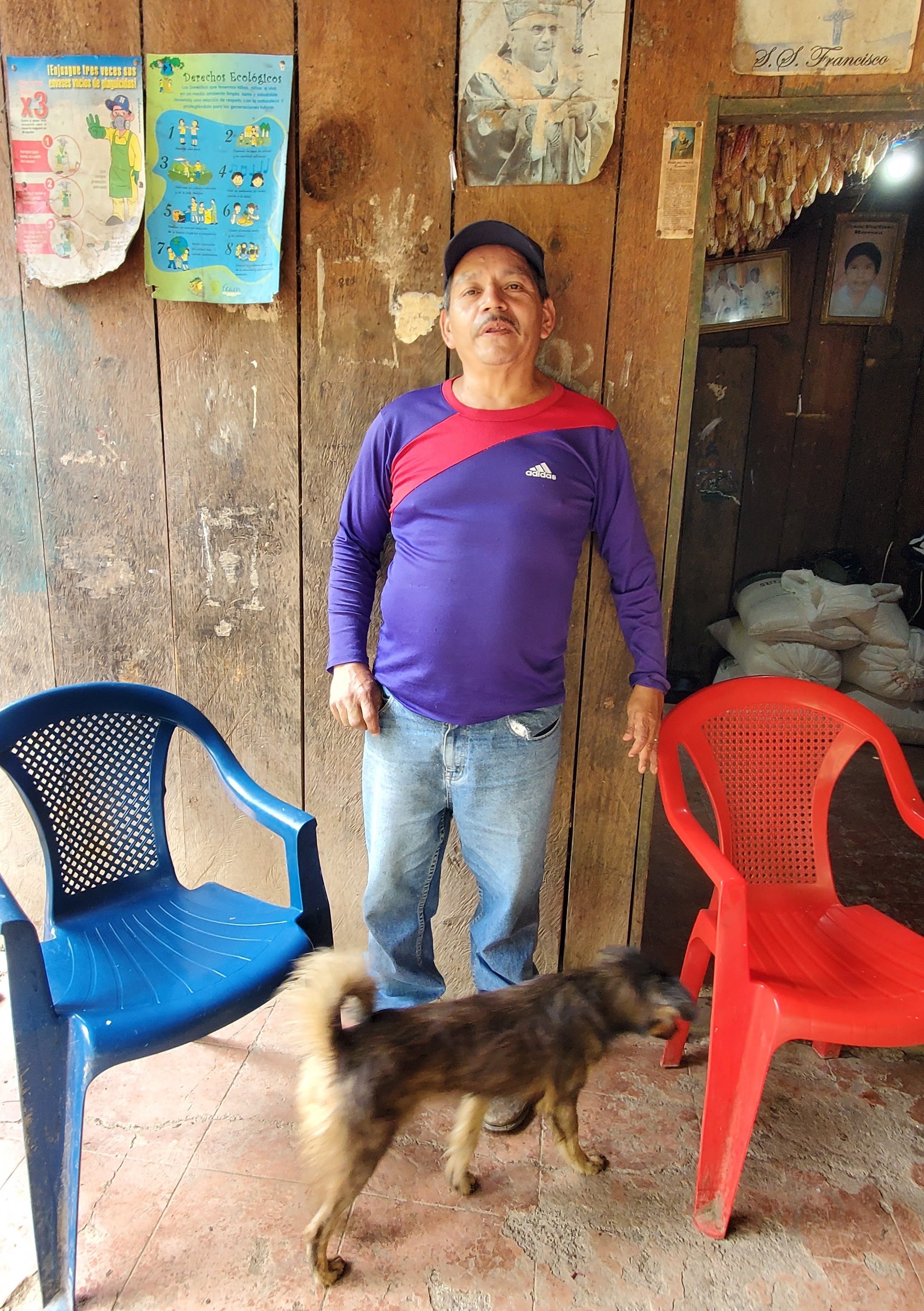Why go Organic?
A coffee farmer perspective
By now, most consumers know why eating organic food is better for our health. But the benefits go far beyond our own bodies – from the environment to the health and livelihoods of farmers around the world.
Consumers don't generally consider the impacts of pesticide use on farmers, their workers, and communities. Chief Coffee Guy Jeff asks the question “why go organic?” to every organic coffee farmer that he meets; while many cite the higher price they earn from selling Organic certified coffee, even more farmers cite stopping pesticide use to protect their own health and that of their families and workers. Pesticides (such as glyphosate) tend to sink through the soil into the groundwater and persist for a long time. Numerous studies have suggested associations between local glyphosate usage and health conditions such as increased instances of autism in children and non-Hodgkins Lymphoma in nearby residents who utilize that groundwater.
Jeff recently visited Jinotega, Nicaragua to meet organic coffee farmers in the SOPPEXCCA cooperative union. He asked them why they made the switch from conventional to organic coffee farming and how it's impacted them. Their stories add to the abundant evidence from studies across coffee-growing regions that shows why all farmers and buyers should go organic.
From Finca Santa Rosa to Finca Matazano, farmers agreed that the premium pricing enticed them to invest in the significant transition to certified Organic coffee. This investment is worthwhile, as studies show that Organic certification can improve farmers’ savings and credit.

Julio Caesar Reyes’ primary reason for transitioning to organic farming in 2014 was to improve the health of his coffee plants (organic farming improves soil health and reduces pests and diseases). Secondly, premium prices have helped him make much-needed home improvements and raise the standard of living for his family. Although some (but not all!) farmers experience lower yields for organic coffee versus conventional methods, the higher price makes up for that, he says.

Digna Reyes has been growing organic coffee for 5 years — she converted the conventional farm she grew up on and since inherited from her father. Now she has children of her own, and the Organic premium helps her send them to school. In coffee communities, premiums from Organic and Fair Trade certifications can improve school attendance when families earn more and no longer need their kids to help around the farm.

Hector Porfirio Gomez says that organic practices such as soil conservation pay off environmentally and economically in the long term. In fact, soil management is vital in climate resilience and economic sustainability for coffee farmers. Hector says that organic coffee simply tastes better, too.
The coffee we source from SOPPEXCCA is not only Organic but Regenerative Organic Certified® (ROC). This set of principles builds upon the organic movement by promoting holistic agriculture practices. ROC practices are carried out by buyers and farmers alike, to promote social impact and animal welfare, rebuild soil organic matter, and sequester carbon to mitigate climate change. This framework can help the coffee industry ensure that farmers like Julio, Digna, and Hector can continue to help their environment and families thrive.
Make buying organic your 2024 resolution!
Melina Devoney